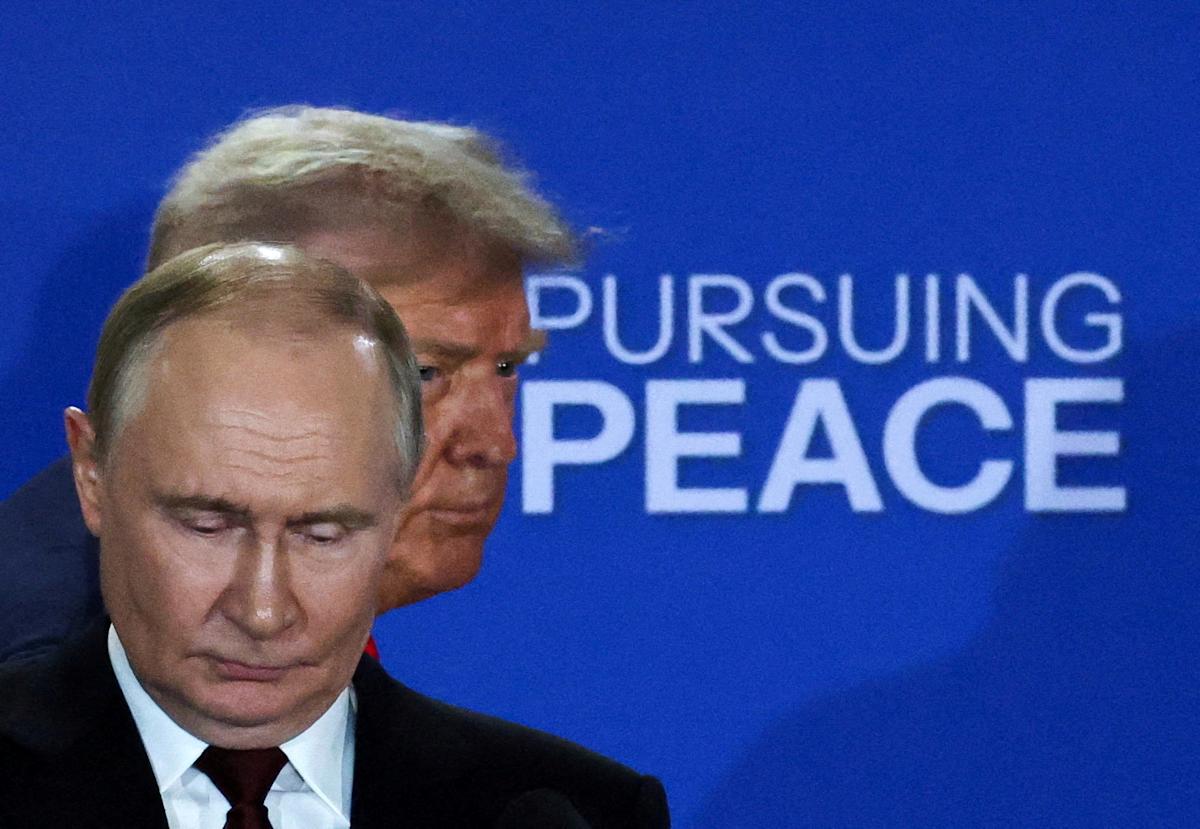Was it the suit that made the difference? Volodymor Zelensky’s trip to Washington on Monday, this time backed by a host of European leaders, was a far cry from his disastrous appearance in the Oval Office back in February.
This time there was a lot of bonhomie in the room as president Trump responded to his Ukrainian counterpart’s charm offensive, suggesting that a face-to-face meeting with Vladimir Putin was on the cards, potentially paving the way for a long-awaited peace deal.
Market optimism was short-lived, however, as the Russians swiftly downplayed the idea of a meeting and insisted that any security guarantees provided by the US would have to give Moscow the right to veto. With Moscow reportedly demanding the whole of the Donbas region and an end to Ukraine’s Nato ambitions too, hopes of an end to the fighting soon seemed as distant as ever.
Meanwhile, the giants of the tech world were having a bad time of it. A report by the Massachusetts Institute of Technology (MIT) sparked fears of an AI bubble similar to the dot-com frenzy of the late 1990s by claiming virtually all the key players were making “zero return” on their massive investments in the technology.
The report seriously unnerved investors, lopping billions off the value of Big Tech leviathans such as Nvidia (NVDA), Arm (ARM) and Palantir (PLTR).
There was little reassurance from OpenAI (OPAI.PVT) boss Sam Altman, who said some investors stood to “lose a lot of money”. Then, on Thursday it emerged that Facebook owner Meta (META) had put a freeze on AI hiring, in a major reversal of its recent multi-billion dollar recruitment drive.
Things were not much better this side of the pond, as a July inflation reading came in unexpectedly high, scuppering hopes of another cut in interest rates in September. With soaring transport costs driving price increases further from the Bank of England’s target, traders pared back their bets on a reduction next month to just 5%.
Let’s take a closer look at these and other stories on investors’ minds in the last few days.
Some of the biggest tech companies on the planet have been pouring billions into AI. Investors are increasingly worried by the lack of returns on this investment. · VCG via Getty Images
What inflation data means for UK interest rates
Consumer prices were 3.8% higher in July than the same month last year, higher than the 3.7% expected by economists. Inflation is likely to rise to 4% in the next few months, the BoE predicts.
The figures complicate the picture for the central bank as policymakers decide whether they can cut interest rates again to boost the economy.
Suren Thiru, economics director at ICAEW, said: “July’s outturn probably extinguishes hope of a September interest rate cut, while strengthening underlying inflationary pressures calls into question whether policymakers will be able to relax policy again this year.”
